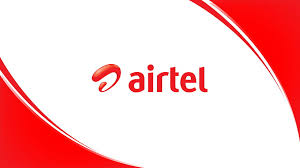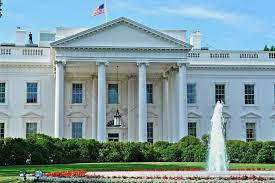Bharti Airtel: Should you buy, sell or hold the stock after Q4 earnings? Here’s what experts sugges
Bharati Airtel, the second-largest telecom services provider in India, saw its shares hold steady during today’s trading session, maintaining at ₹1,293.15 per share, reflecting a modest increase of 0.69% at 01:30 p.m.
After initially surging by 2% during the early morning session in response to the company’s Q4 and full fiscal year (FY24) results announcements, released after market hours on Tuesday, the stock failed to maintain its momentum as the day progressed.
The company reported a significant decline in profit, which more than halved to ₹2,068 crore in the fourth quarter ended March 31, compared to ₹3,005.6 crore a year ago. This drop was primarily attributed to the devaluation of African currencies, particularly the Nigerian Naira.
Bharti Airtel’s Africa business witnessed a 154% decline in net profit, reporting a loss of ₹489.4 crore in Q4FY24, while revenue fell to ₹9,293 crore from ₹11,031 crore a year earlier.
Overall, the company’s consolidated revenue grew by 4.4% to ₹37,916 crore in Q4 FY24, while the annual revenue from operations rose 7.7% YoY to ₹1,49,982.4 crore for the full fiscal year of FY24. However, its net profit dropped by 10.5% to ₹7,467 crore in FY24.
Bharti Airtel’s average revenue per user (ARPU), which is an important measure for telecom companies, increased by 8% to ₹209 in Q4 from ₹193 a year ago.
Additionally, the 4G and 5G data customer base of Bharti Airtel grew by 12.8% to 25.27 crore during the reported quarter, up from 22.41 crore in the March 2023 quarter.
Following the company’s financial results, analysts remain divided on the stock’s outlook. Global brokerage firm Jefferies maintains a ‘buy’ call on the stock, raising its target price to ₹1,590 apiece from ₹1,300.
Jefferies notes strong subscriber additions, improved mix, and higher mobile ARPU in Q4, leading to a positive surprise in Free Cash Flow (FCF) as capital expenditure moderates. It adjusts its revenue and EBITDA estimates upward by up to 5% to account for the beat and higher subscriber additions.
Over FY25-FY26, it anticipates a 15-16% CAGR in India revenue and EBITDA, alongside moderating capital expenditure, supporting deleveraging of $6 billion by FY25-26, which is expected to boost stock returns.
Meanwhile, Morgan Stanley maintained an ‘overweight’ call with a target of ₹1,330. It says that the increase in the final dividend of ₹8 from ₹4 last year reflects confidence in future cash flows after a strong performance in Indian business.
UBS maintains a ‘neutral’ rating with a target price of ₹1,310 per share.
Disclaimer: The views and recommendations given in this article are those of individual analysts. These do not represent the views of ThirtyTimes. We advise investors to check with certified experts before taking any investment decisions.




